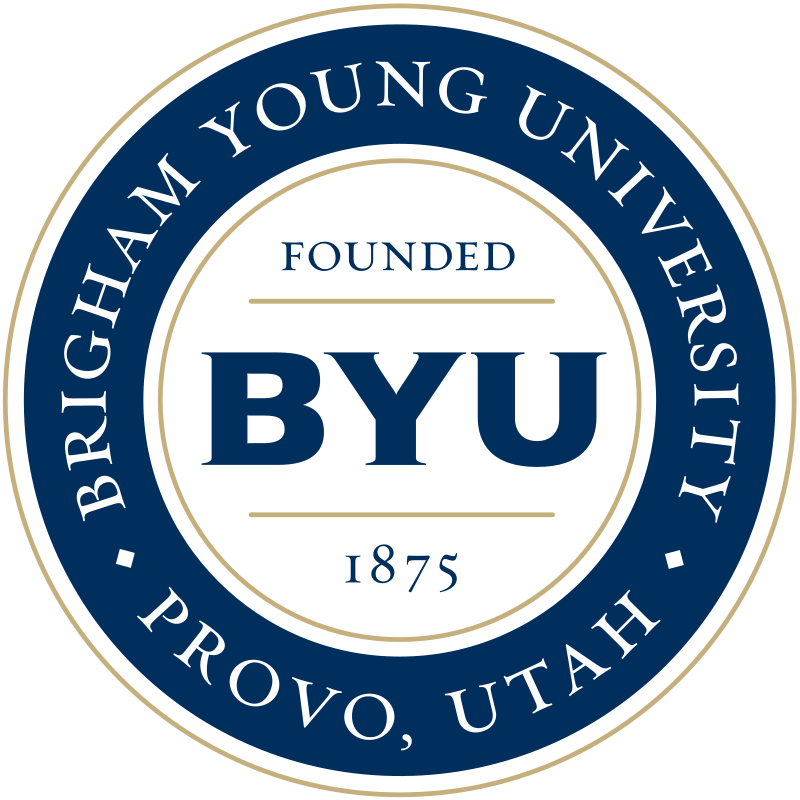
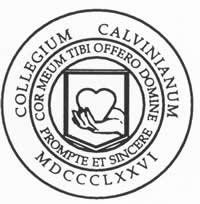
The 39th Annual
(Online) Workshop in
Geometric Topology
June 6 - 8, 2022
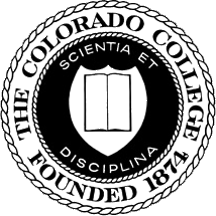
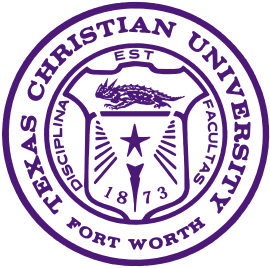
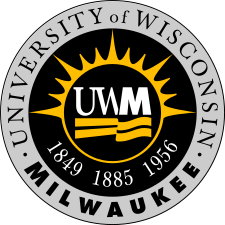
 |
 |
The 39th Annual
(Online) Workshop in
|
 |
 |
 |
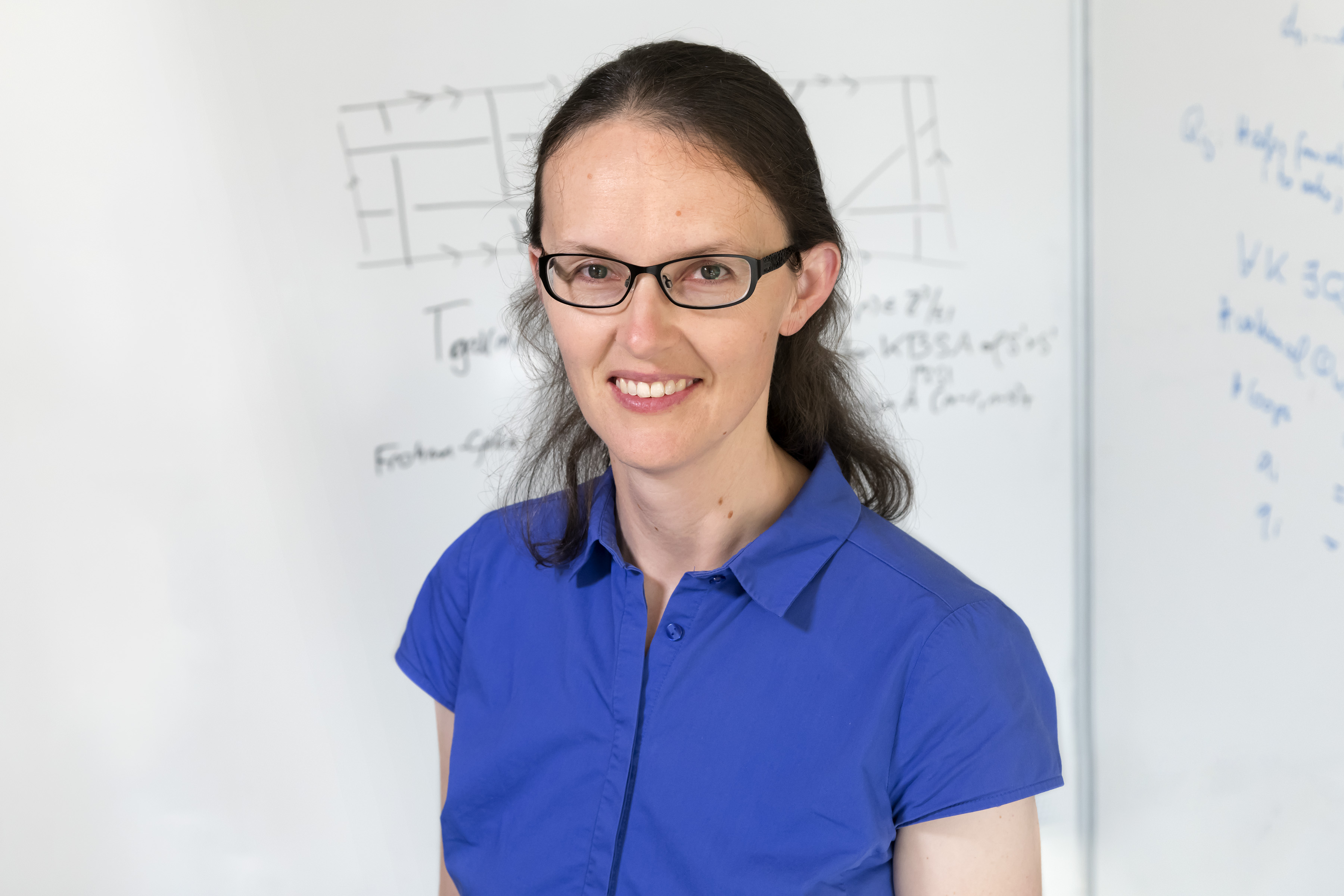 This year's workshop will be completely online. Registrants will be sent connection details prior to the Workshop.
This year's workshop will be completely online. Registrants will be sent connection details prior to the Workshop.
The featured speaker is Jessica Purcell of Monash University, who will give a series of three one-hour lectures on using hyperbolic geometry as a tool to study 3-manifolds and knot theory. An abstract can be found below.
The workshop will also feature contributed talks of 20 minutes. Contributed talks need not be directly related to the topic of the principal lectures. If you wish to apply to give a contributed talk please submit a title and abstract on the registration form or send directly to Greg Friedman (send email). Talks will be selected in a way that provides a balanced collection of topics and respects the historical traditions of the workshop. Earlier responses may be given some preference. Applicants will be notified whether their talk has been accepted by May 23.
For over four decades, hyperbolic geometry has been used as a tool to study and classify 3-manifolds. Hyperbolic 3-manifolds are known to satisfy important rigidity results, so that hyperbolic structures are unique or well-behaved. Thus hyperbolic invariants, such as volume, areas of embedded surfaces, and lengths of short geodesics, become topological 3-manifold invariants. However, many of the 3-manifolds that arise in geometric topology, such as examples from knot theory, dynamics, or piecewise linear topology, are constructed in ways that do not obviously reflect their geometry. Given a 3-manifold with a combinatorial or topological description, it can often be difficult to relate that description to hyperbolic geometry of the manifold. In my talks, I will survey some of the ways of relating hyperbolic geometry to combinatorics and topology in dimension three, and some applications.
Day 1: Hyperbolic knots and alternating knots
Hyperbolic geometry has been used since around the mid-1970s to study knot theory, but it can be difficult to relate geometry of knots to a diagram of a knot. However, many results from the 1980s and beyond show that alternating knots have diagrams that seem to more closely reflect their geometric properties than other general knots. In the first part, Ill introduce hyperbolic geometry and knots, and survey some classical results. In the second part, Ill describe results specific to alternating knots, and explain some of the tools that are useful to prove results in the alternating case. In the last part of the talk, Ill explain new methods to extend these tools, to extract geometry from much larger families of knots, discussing some of my recent joint work with Josh Howie and with Effie Kalfagianni.
Day 2: Fully augmented links and circle packings
Fully augmented links form a family of hyperbolic links that are a playground for hands-on hyperbolic geometry. In the first part of the talk, Ill define the links and show how to determine their hyperbolic geometry explicitly. I will show how such links are determined by circle packings of the sphere, and vice versa. The theory of circle packings extends beyond spheres. Ill then explain new work, building fully augmented links on higher genus surfaces. In the last part of the talk, Ill give some applications to geometric convergence of knots and links. The latter part will describe recent joint work with Urs Fuchs and John Stewart.
Day 3: Knots in infinite volume 3-manifolds
Classically, knots have been studied in the 3-sphere. However, many examples of knots arising in applications lie in broader classes of 3-manifolds. These include virtual knots, which lie within thickened surfaces, and periodic orbits of dynamical systems. Not all such manifolds have finite hyperbolic volume. However, the last two decades have brought new tools to bear on hyperbolic geometry of infinite volume 3-manifolds. In the first part of the talk, Ill survey some of those results. Ill then discuss techniques to mix infinite-volume tools with finite-volume ones, to give further geometric information on knots in general 3-manifolds. This includes a 6-Theorem for tame 3-manifolds, and additional results controlling geometry changes under Dehn filling. The latter part of the talk is joint work with David Futer and Saul Schleimer.
Financial support for the workshop series is provided by a grant from the National Science Foundation (DMS-1764311).
Fredric Ancel, University of Wisconsin-Milwaukee
Greg Friedman, Texas Christian University
Craig Guilbault, University of Wisconsin-Milwaukee
Molly Moran, Colorado College
Nathan Sunukjian, Calvin College
Eric Swenson, Brigham Young University
Frederick Tinsley, Colorado College
Gerard Venema, Calvin College
Please contact Greg Friedman (send email) if you have questions about the workshop or comments on this web site.